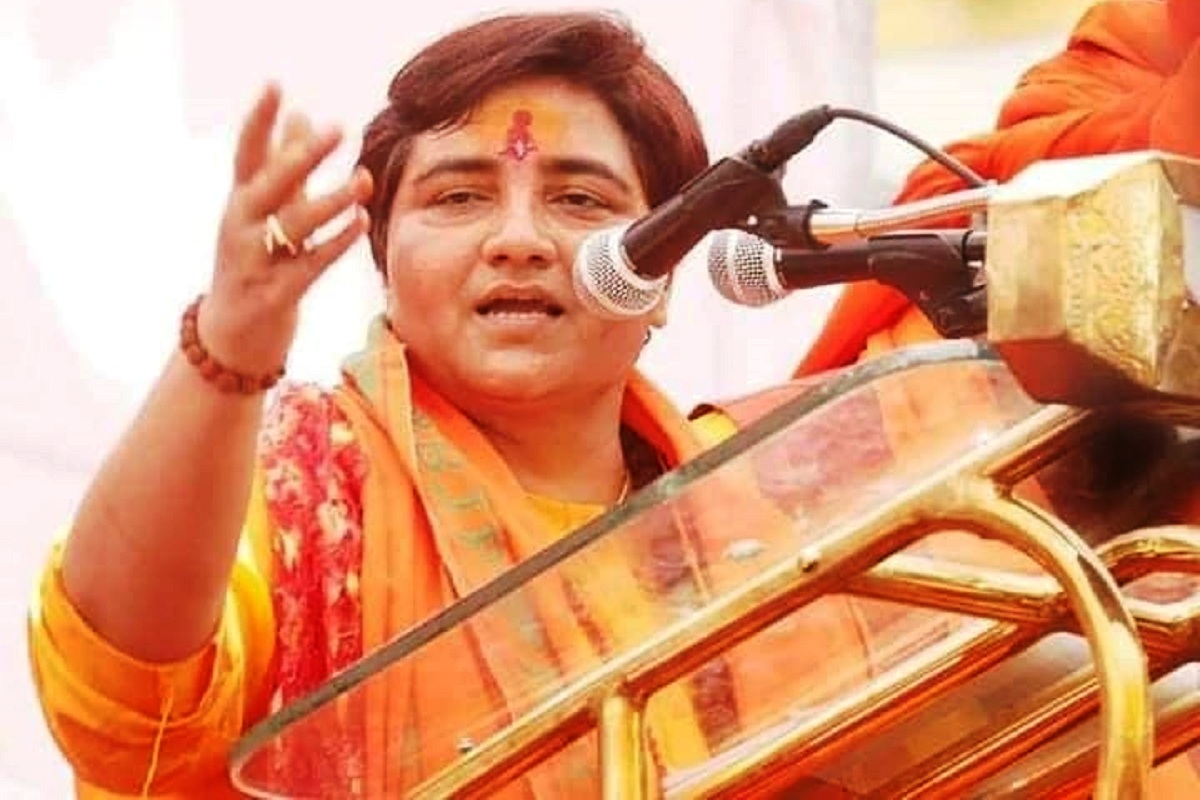A special court in Mumbai on Tuesday refused National Investigation Agency’s plea to conduct an in-camera trial in the 2008 Malegaon blasts case, in which BJP MP Pragya Singh Thakur is one of the accused. The court rejected NIA’s application which also sought to bar media from reporting on the case citing the “sensitive nature” of the case.
Special NIA Judge V S Padalkar said conducting the trial in a “transparent manner” is among the reasons for rejecting the NIA’s plea. He allowed media to cover the case with “certain restrictions.”
Advertisement
He said journalists need to submit true copies of their identity cards issued by their respective media houses. There should not be use of any electronic device and the matter be reported as per the factual position, the court said.
There should also not be any editorial, personal opinion or discussion of any kind until the end of trial, it further said.
An in-camera hearing is conducted in private with only the judge, lawyers, accused and witnesses concerned in attendance. The proceedings of such hearing are not made known to the media or the members of the public.
The NIA had earlier moved a plea before the court, saying while it is in favour of the freedom of press, the trial should be held in-camera because of “sensitive nature of the case.”
In its plea, the prosecuting agency said it wanted the proceedings to be in-camera to protect the communal harmony, and also claimed there was a threat to the witnesses. NIA cited provisions of the Unlawful Activities (Prevention) Act (UAPA) and the NIA Act, claiming that the special court has powers to pass an order to conduct the proceedings in-camera. Section 17 of the NIA Act and section 44 of the UAPA, which is to protect witnesses, gives the court the discretion to avoid mentioning their names, issue directions to secure their identity and order all or any proceeding to not be published.
However, the court observed that the NIA did not submit any information before it on any “internal security threat or communal disharmony.” There was no letter received from the NIA on threat to witnesses, the court said.
Earlier, a group of 11 journalists had filed an intervention application challenging the NIA’s plea, saying it should be an open trial to ensure transparency and there were enough safeguards to protect the witnesses under the NIA Act.
The journalists also said there was no instance of any threat to the witnesses. Six people were killed and nearly 100 others injured when a bomb strapped to a motorcycle went off near a mosque in Nashik district’s Malegaon town, located about 200 km from here, on September 29, 2008.
The trial in the case began in October last year after the special court framed charges under the Unlawful Activities (Prevention) Act (UAPA) and relevant provisions of the Indian Penal Code (IPC) against Lt Col Prasad Purohit, Thakur and others.
Thakur and other accused are currently out on bail. The trial court has so far examined around 130 witnesses, out of the 475 that are listed.











